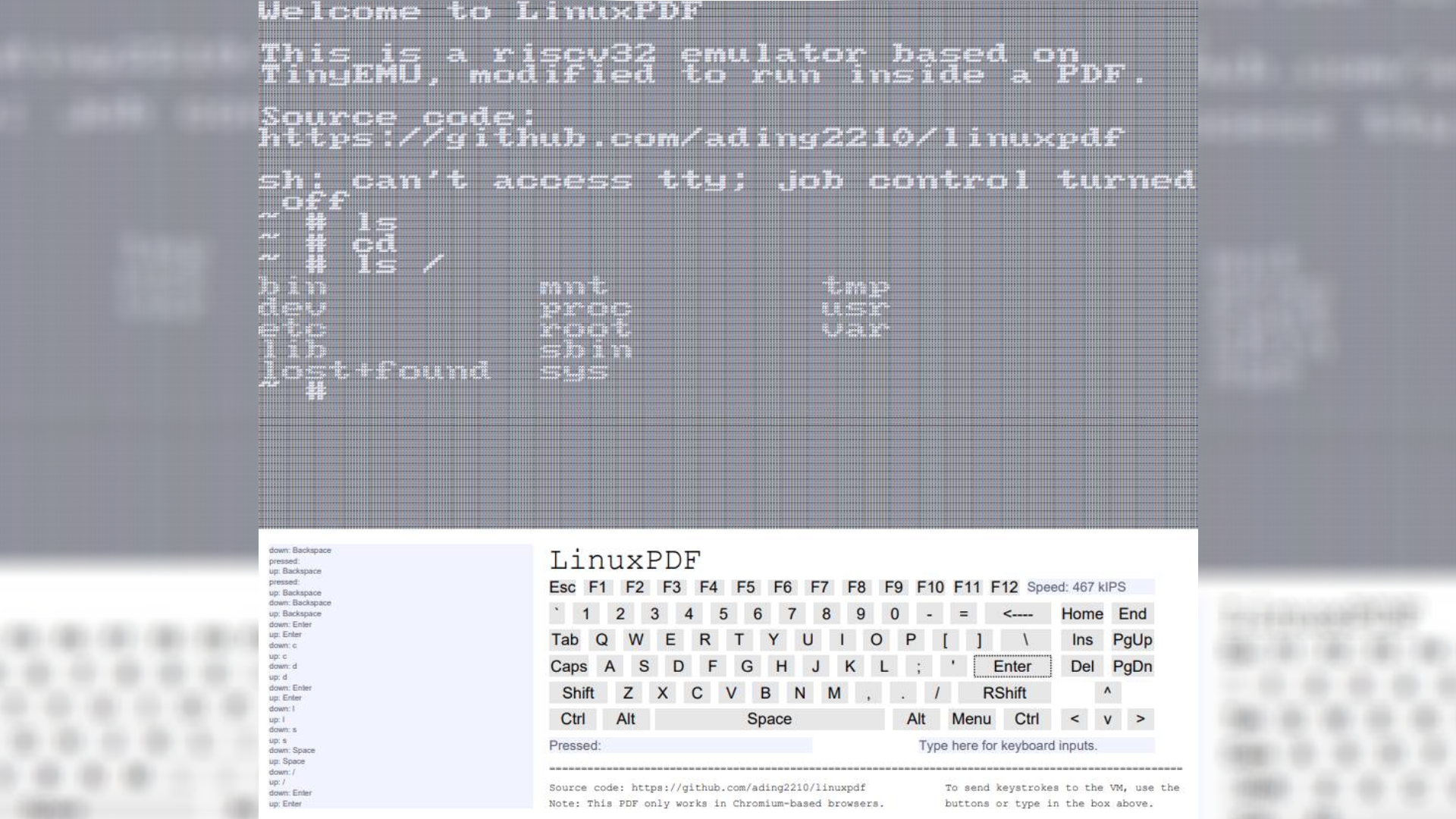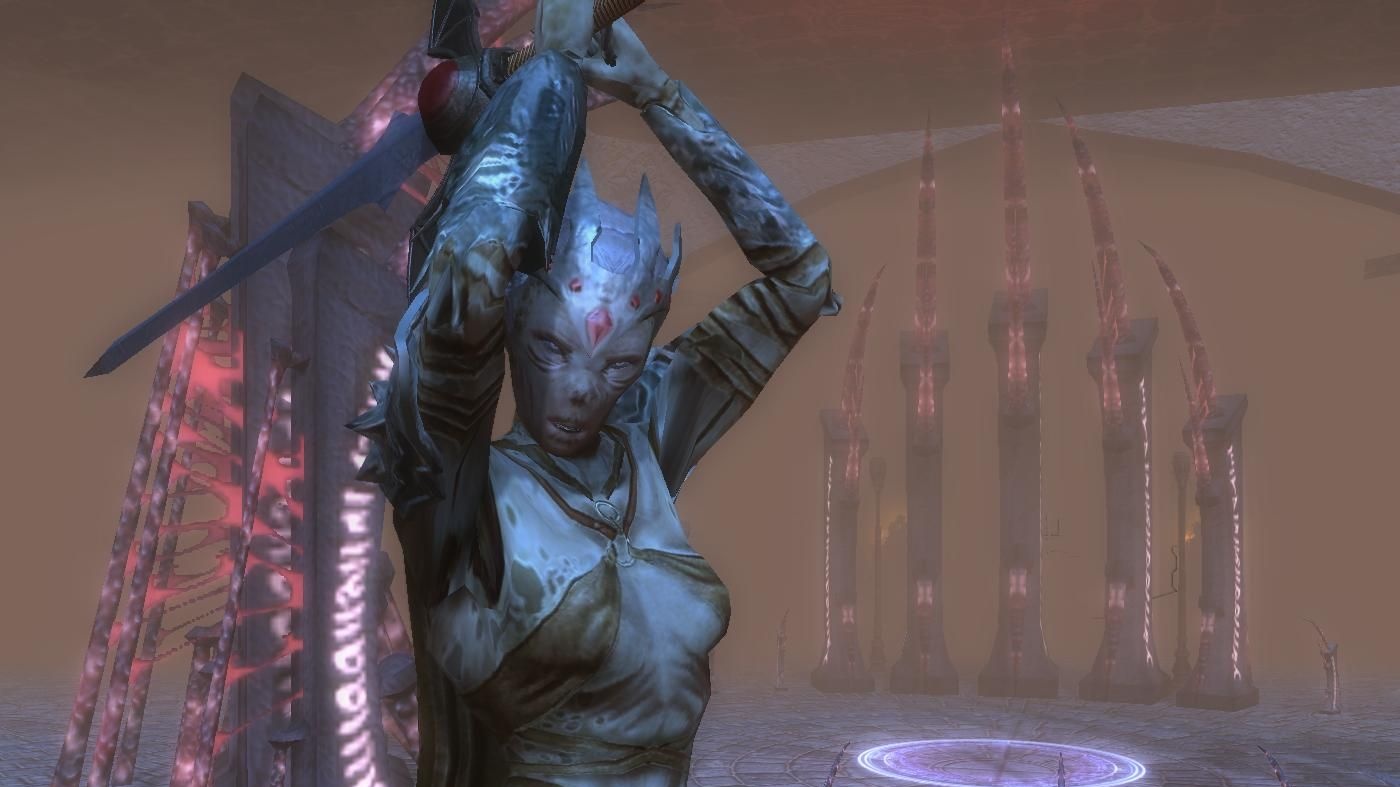
A gorgeous, accessible class-based shooter that's a bit too stingy with its fun.
What is it? A Battlefield-like FPS with the bones of a milsim
Expect to pay $30/£20
Developer BlackMill Games
Publisher M2H
Reviewed on RTX 3060, Ryzen 7 5700G 3.8Ghz, 16GB RAM
Multiplayer? 48 players
Link Official site
I continue to be delighted by how many cool military sim games are around these days. If I want to enlist in a virtually authentic land war in 2022, the choices are overwhelming: Last I counted there are two major modern milsims, three set in WW2 (if you count the top-down MMO Foxhole), and four in WW1. Don’t look now, but I think we’re in a milsim boom.
Developer Blackmill Games was early to gaming’s interest in the Great War with Verdun in 2013. Its latest, Isonzo, is the third in the series, and by far its best. Not only is it one of the prettiest shooters around right now, but it’s also the easiest to just hop into a match and play. Isonzo walks a fine line between simulation and videogamey convenience. It’s not nearly as punishing or complex as another WWI favorite of mine, Beyond The Wire, but it’s way more difficult than anything with the name Battlefield on the box.
The nebulous middle ground where Isonzo lives had me wondering who exactly it’s for. At first I resented Isonzo for being too simple, but as the hours went on I realized I was playing it for much longer sittings than I can usually stomach a milsim. It’s fun, it’s difficult, but it’s also totally accessible. I’m starting to think Blackmill has made the first milsim I’ll actually keep installed for more than a few weeks.
(Image credit: Blackmill Games)
Battle Field
Seriously, don’t jump into Isonzo expecting tanks and dogfights, but this is the most Battlefield-like that a milsim has felt in ages. I was immediately impressed by the deploy screen—a clean, aesthetically pleasing birds-eye view of the live map that also clearly conveys the current situation. How far up have the other squads pushed? Where is the next airstrike going to land? Should I risk spawning on them? The look and utility of the map are clearly inspired by DICE, but I think Isonzo does it even better.
It helps that Isonzo’s sole 48-player game mode is a push-type attrition format in which attackers, like Battlefield, go after objectives in phases. Often the two objectives are split between a flag that must be captured uncontested and some sort of bunker or train that needs blowing up with a timed explosive.
I really enjoy this asymmetry. While both objective types are variations of “rush into a place and try to hold it for a while,” I appreciate that when I got tired of feeding the meat grinder on one side of the map, I could respawn on the other and work toward a slightly different goal. Speaking of, I especially love that every attack phase also comes with a side objective of building and maintaining additional spawn points that sit closer to the objectives. Not only does it alleviate the hassle of running 30 seconds to get back into the fight, but it also gives the defenders an opportunity to do some attacking of their own. A proactive defense should be sending at least a squad or two out to demolish the forward spawn. DICE should take notes on that one.
The rush format gels so well with Isonzo. It’s a far smoother, more consistent experience than Beyond The Wire or Hell Let Loose, and I reckon a big reason is Isonzo’s reined-in scope. Isonzo’s maps are pretty huge compared to most multiplayer shooters, but they’re noticeably smaller and boxier than similar milsims.
This is the most Battlefield-like that a milsim has felt in ages.
All maps share a runway-like linearity that typically splits the map into two or three viable paths for attackers to progress down. I thought this would get boring, but it’s actually the opposite—the narrow battlefield keeps firefights focused and minimizes the number of lone wolf riflemen sitting in a bush for the entire match. The focused layouts have also allowed Blackmill to get really granular with map design. Foxholes, trenches, and blown-out vehicles are both realistically and tactically placed to provide cover for disadvantaged attackers.
Isonzo’s Italian setting is refreshing and feels great to fight in. Second only to Battlefield 1, this is the most gorgeous, colorful portrayal of WW1 I’ve ever seen in a game. You can tell that Blackmill has had its fill of maps that capture the WW1 we see in our heads—flat, muddy hellscapes where nothing happy can exist—and decided to cut loose with postcard-worthy Italian countrysides, quaint villages, and strikingly beautiful mountains. The mountains in particular are effective, being both very pretty to look at and creating the most distinct areas in Isonzo. One map begins at the foot of a mountain with attackers pushing up at a major disadvantage. Once they capture that, then it’s the defenders turn to retreat down the other side with their tails between their legs.
Gun show
Isonzo’s classes aren’t quite as elegant as its maps, unfortunately. Again, it’s nice that roles are simple enough to hop in and immediately be effective—my favorite is the Mountaineer, a scout class with spotting binoculars and a speed boost passive—but there’s just not enough variety here. Other than the Officer, a special class limited to just two people per team, every role starts out with bolt-action rifles that are either exactly the same or feel the same as the last. A few classes can eventually unlock an SMG, pistol, or machine gun, but you have to play quite a few 35-50 minute matches to get there. That’s especially tough when the most unique roles with only three to six slots get gobbled up immediately.
Try as I did to become the one soldier on the team allowed to have a scope on his rifle, I failed every time. It’s another example of Isonzo borrowing good ideas from elsewhere in the genre (in this case Tripwire’s Red Orchestra/Rising Storm), but most of the time, I ended up as a normal rifleman, handing out ammo and generally feeling unremarkable.
(Image credit: Blackmill Games)
It’s easier to stay alive when everyone is a medic, but it’s also very boring.
I wish Blackmill had been more adventurous in its kits. Some concessions I’m on board with, like having unlimited bandages to stop my own bleeding. Others are puzzling, like how my favorite class in every other milsim, the Medic, doesn’t exist in Isonzo. Instead, any teammate can heal each other by using a bandage on them (you just can’t heal yourself). It’s easier to stay alive when everyone is a medic, but it’s also very boring. Some of the biggest thrills I’ve had in Squad, Beyond the Wire, and Hell Loot Loose involved me recklessly charging (or crawling) into danger to revive a teammate and refund their respawn ticket.
When I’m not yearning for anything other than a samey rifle, Isonzo’s gunplay is pretty good. Bullets are extremely lethal—in my experience, one shot anywhere other than a limb is an instant kill. Vulnerability seriously raises the stakes when I lock eyes with a baddie and we race to raise our sights, but it can also be frustrating as hell. Forget realism, I really hate dying and having absolutely no idea where the shot came from. If the camera would zoom in on my killer’s general location or even highlight them after death, it’d go a long way in helping me learn the maps and know where I went wrong. This is one bit of immersion I don’t mind breaking, especially considering Isonzo already has less-than-real quality-of-life feedback like hit markers and a kill feed.
There’s a lot I’d change about Isonzo’s progression, but my gripes never overshadowed the fun and intensity of the game’s scenic conflicts. It’s definitely a meat grinder—the sort where you’ll frequently die to unavoidable mortar strikes and everyone but the top five players have negative K/D ratios—but sometimes that feeling of attrition and brutality is exactly what I want out of a war game.
It’s nice to have an FPS with the bones of a milsim and the conveniences of Battlefield. Isonzo has one foot firmly in two competing genres. To milsim vets that may be off-putting, but Iszonso could be an effective bridge for traditional FPS fans to give the genre a shot.






